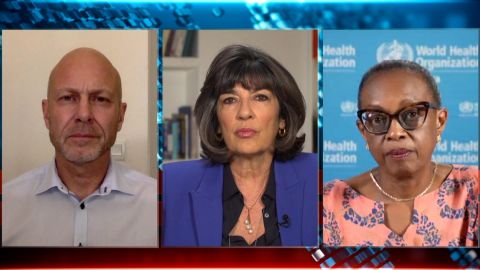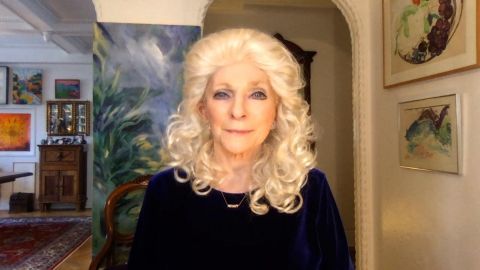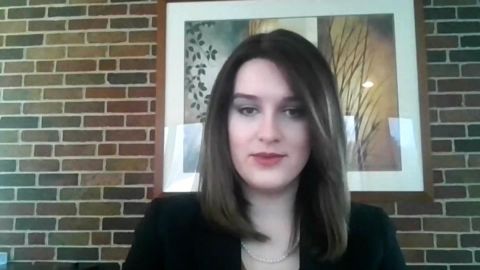Read Transcript EXPAND
MATSHIDISO MOETI, REGIONAL DIRECTOR FOR AFRICA, WORLD HEALTH ORGANIZATION: No, we are disappointed that we couldn’t have this rollout of the vaccine start in our continent’s worst-affected country. But we think it wise for the South African government to have taken the decision that they have taken to pause. That doesn’t mean to say they have stopped forever. They are looking with us at the data to understand it further, particularly because the sample size was relatively small, before they take final decisions about what to do with this vaccine. At the same time, we know that there are other opportunities for South Africa to have access to vaccines through the COVAX platform that WHO has established with partners. We will be delivering them, as a first wave country, some of the Pfizer/BioNTech vaccines very soon. And they are deciding to also use the Johnson & Johnson vaccine on a trial basis in the country to start vaccinating the health care workers.
CHRISTIANE AMANPOUR: Can I ask you, Angus Thomson, because you are specializing in the impact in vaccine hesitancy and the disinformation? You’re a social scientists with UNICEF, which has big vaccine programs around the world historically. What does something like this in a country in the developing world, where already there are suspicions about people — well, suspicions about vaccine, as you know, what does a pause like this do for your program in general?
ANGUS THOMSON, UNICEF: Well, certainly, decisions like this that are — that are fundamentally public health decisions and made for the health and well-being of the population must be driven by science. But, often, we see that governments don’t also bear in mind the potential public health — public trust consequences of these kinds of decisions. We can imagine that it will be confusing for people who are already in a state of incertitude and anxiety within this long-enduring pandemic. We know that people’s decisions to vaccinate are influenced by safety questions around vaccines and efficacy questions around vaccines. But, as — or perhaps more importantly is the trust that people have not just in the vaccines, but in the governments that are providing those vaccines and the health services that are providing them. And, therefore, a decision like this certainly needs to be very clearly and transparently communicated to the population. We have seen examples where that wasn’t done, and where programs which were halted temporarily stalled for many, many years. So, hopefully, we will see very clear and crisp communication, regular communication from the South African authorities to try to sustain that public trust in the program.
About This Episode EXPAND
Angus Thomson and Dr. Matshidiso Moeti discuss the study on the AstraZeneca vaccine’s efficacy against the South Africa variant. Musician Judy Collins reflects on her career. Nikki King explains why she established an innovative new opioid addiction program that focuses on treatment and support rather than jail.
LEARN MORE


